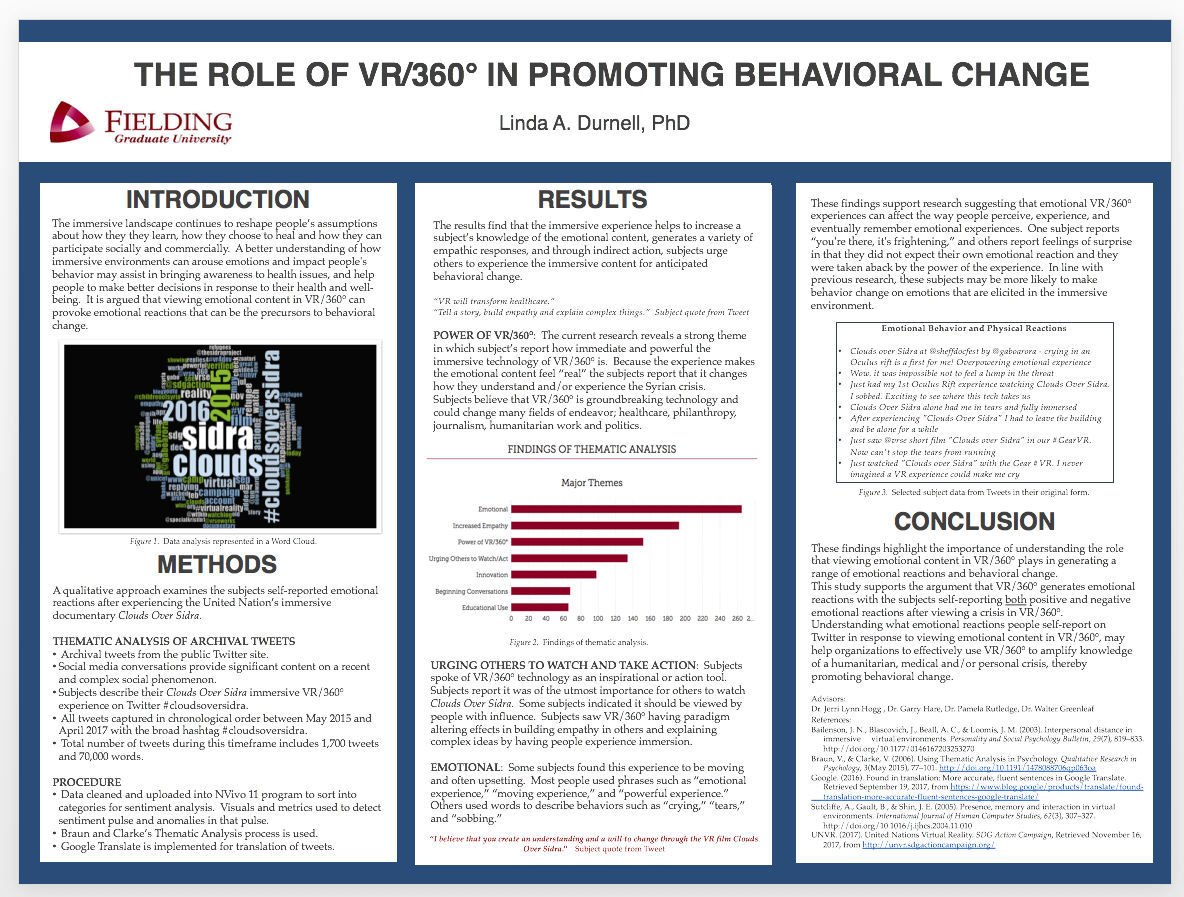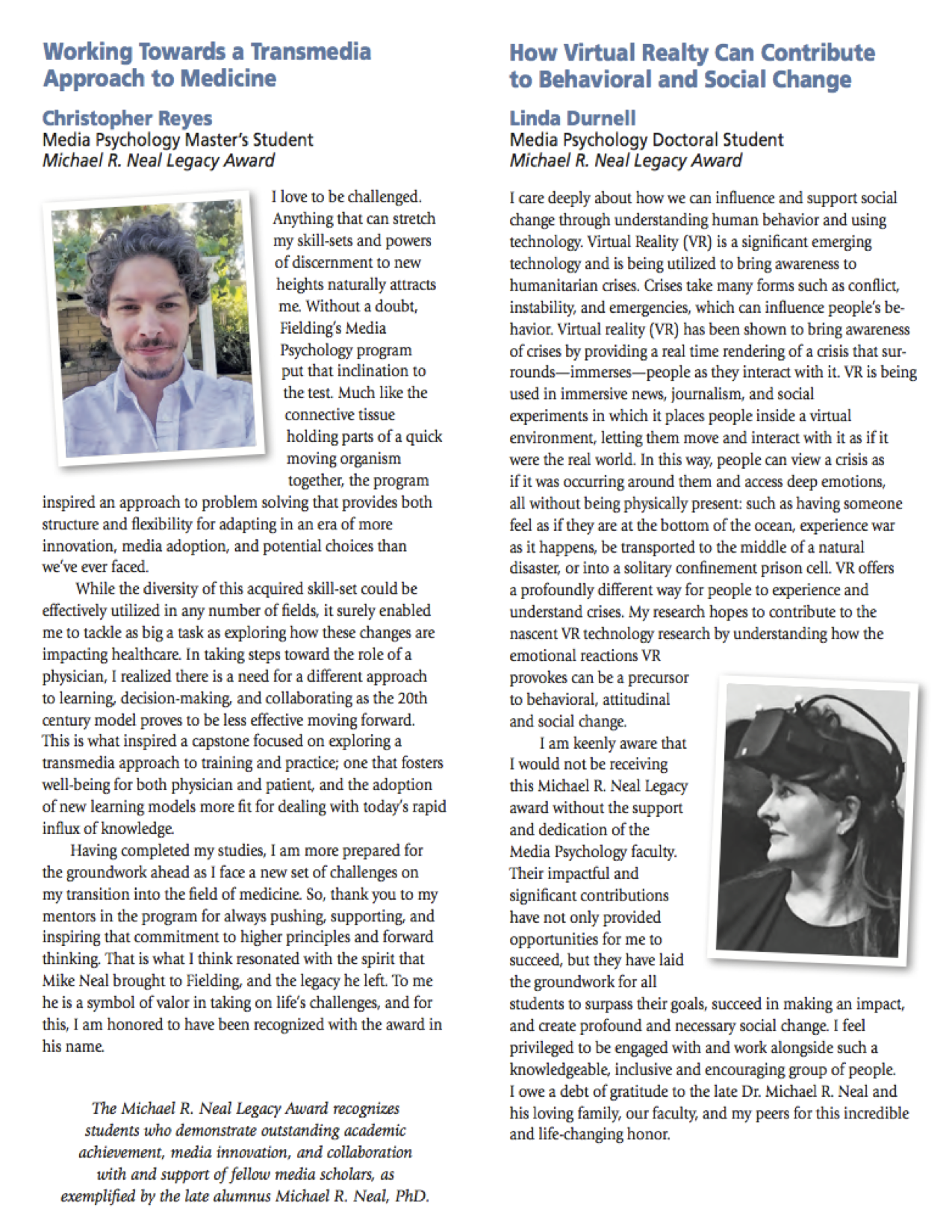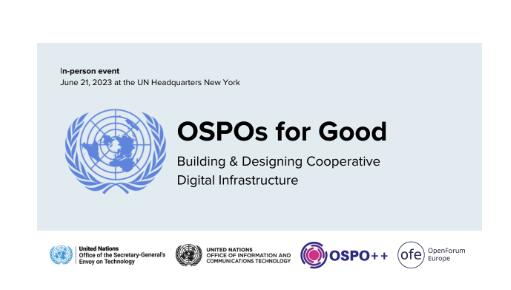Research Presented at Harvard Medical School
Research suggests greater emotional engagement increases empathy and decreases cognitive resistance to behavioral and attitudinal change. Dr. Durnell argues that viewing emotional content in VR can provoke emotional reactions that are the precursors to behavioral, attitudinal and social change. Understanding what emotional reactions people self-report on Twitter in response to viewing a crisis in VR, may help organizations to effectively use VR to amplify knowledge of a humanitarian, medical and/or personal crisis, thereby promoting positive emotions, social connection and increasing aid/resources.













